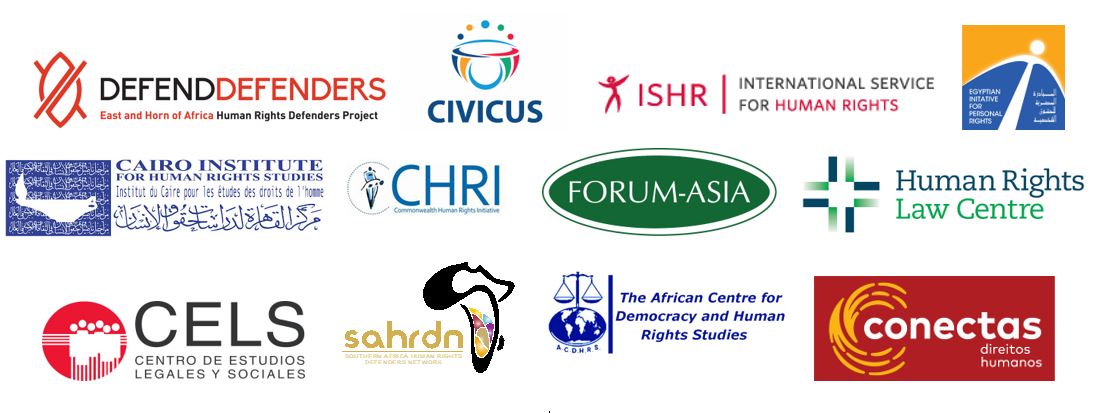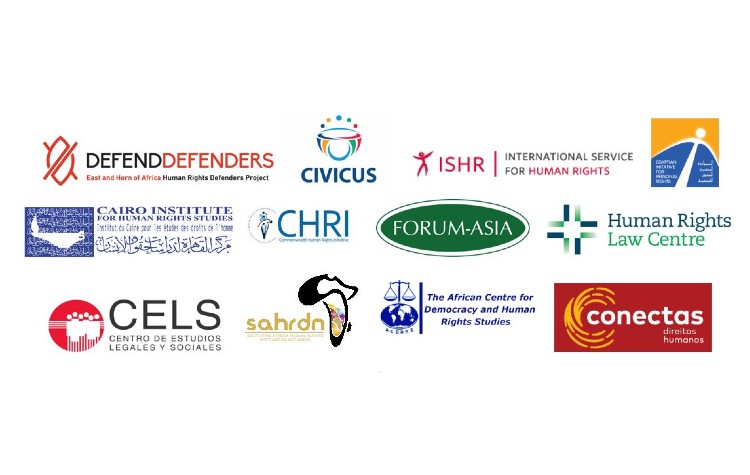
In a joint paper released on 15 May, 12 civil society organisations including FORUM-ASIA encourage UN Member States to more systematically use civics pace indicators as objective criteria for action at the UN Human Rights Council.
Around the UN Human Rights Council’s tenth anniversary, in 2016, a range of stakeholders, including NGOs engaging in advocacy at the Council, led reflections on issues pertaining to its effectiveness, institutional integrity, and impact on the ground. A number of panel discussions, policy dialogues and reports addressed issues pertaining to enhancing respect for Council membership standards, elections to the Council, the Council’s effectiveness, strengthening action on country situations on the basis of objective criteria, and ways of operationalising the Council’s prevention mandate.[1] Since then, strategic reflections have focused on the use of early warning signs as objective criteria to address mounting human rights crises and other situations of concern.[2]
However, despite progress regarding States’ commitment to consider early action on situations of concern (including through the use of tools such as special sessions, urgent debates and inter-sessional briefings by the UN High Commissioner for Human Rights) as well as expert knowledge, in particular the special procedure system), more action is needed to enhance the Council’s ability to protect the space for civil society actors in specific country situations. The global “Call to Action” the UN Secretary-General launched in February 2020 made clear that threats against human rights defenders (HRDs), especially women HRDs (WHRDs), and journalists, are increasing, and that governments restricting civic space “is frequently a prelude to a more general deterioration in human rights.”[3]
This paper outlines how member and observer States of the Council can help safeguard and strengthen civic space at the national level by using civic space restrictions as key early warning signs and objective criteria for action, and by more systematically examining civic space indicators when they assess country situations, including progress. After an overview of what is needed to further operationalise the Council’s prevention mandate (section 1), the paper makes the case for using dimensions and indicators of civic space as criteria for individual and collective action (section 2). Section 3 proposes paths forward for the mainstreaming of civic space in State interventions.
[1] See for instance International Service for Human Rights et al., “Human Rights Council at 10: Civil society outlines plan for HRC to become more protective, effective and accessible,” 28 April 2016, https://www.ishr.ch/HRCat10 (accessed 10 April 2020).
[2] Amnesty International, Human Rights Watch and International Service for Human Rights, “Strengthening the UN Human Rights Council From the Ground Up: Report of a one-day dialogue held on 22 February 2018,” https://www.ishr.ch/sites/default/files/documents/from_the_ground_up_report_final_web.pdf (accessed 10 April 2020).
[3] See UN Secretary-General, “The Highest Aspiration: A Call to Action for Human Rights,” available at: https://news.un.org/en/story/2020/02/1057961 (accessed 13 April 2020).
For the PDF version of the full paper, click here



